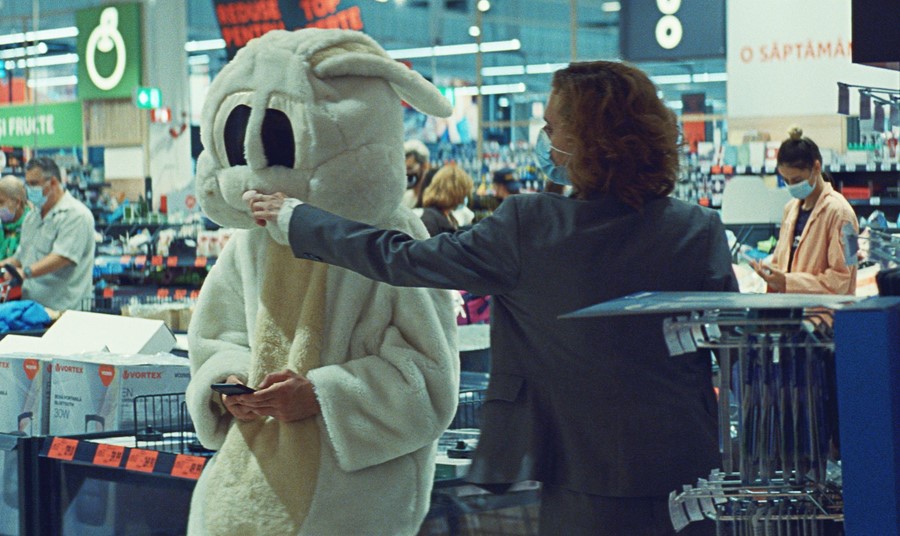Despite Covid-inflicted limitations, Berlinale’s 2021 lineup was one of its most original and exciting yet. Here, Josh Slater-Williams rounds up ten of the festival’s best breakout releases
Traditionally the biggest European film festival in the calendar year’s first quarter, the Berlinale unsurprisingly had to shift to an online-only model for its early March incarnation in 2021; one that was only open to industry professionals and buyers, plus journalists reporting on the premieres. (The organisers are planning to host a later in-person repeat of the programme in the summer so that the public can experience the films on the big screen, vaccine rollout permitting).
Nevertheless, it was an impressive line-up. Although much smaller than in a more normal edition, this year’s programme has widely been deemed one of the most exciting in terms of overall quality. In alphabetical order, here are ten of the best features we caught that you should keep on your radar, some of which already have UK distribution lined up.
Bad Luck Banging or Loony Porn, 2021 (lead image)
The Golden Bear winner from this year’s Competition selection, Radu Jude’s wild Bad Luck Banging or Loony Porn is one of the first major films set during the Covid pandemic, though it primarily uses this as a springboard to explore various issues of hypocrisy, obscenity and general rage in contemporary Romania. Ostensibly about the fallout of a school teacher’s sex tape appearing online, this formally anarchic social commentary opens with a three-minute condensed version of said tape, which may be its biggest hurdle in terms of getting wider distribution.
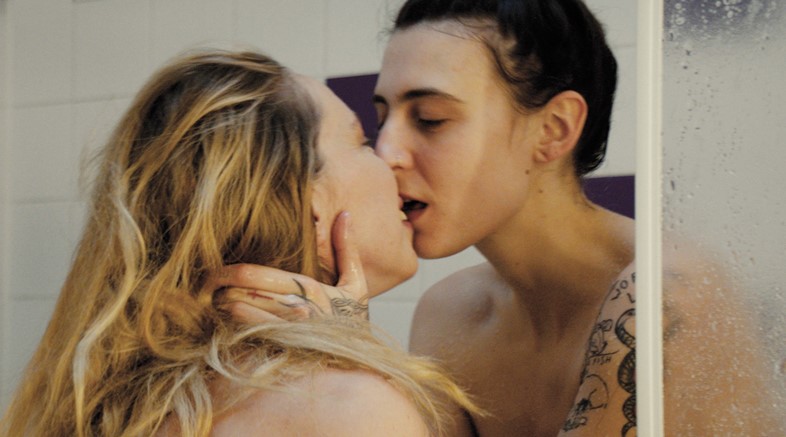
Bliss, 2021
This sex-positive romance sees two employees at a Berlin brothel fall in love: twentysomething Italian Maria (Adam Hoya), a newcomer to the place, and Sascha (Katharina Behrens), who is older and has a child from a previous relationship. Less preoccupied with a complex narrative, Henrika Kull’s film is instead focused on notions of identity and a frank, judgement-free look at sex work. It also has an outdoor dancefloor use of Alice Deejay’s banger Better Off Alone that somewhat recalls the implementation of The Psychedelic Furs’ Love My Way in Call Me by Your Name.
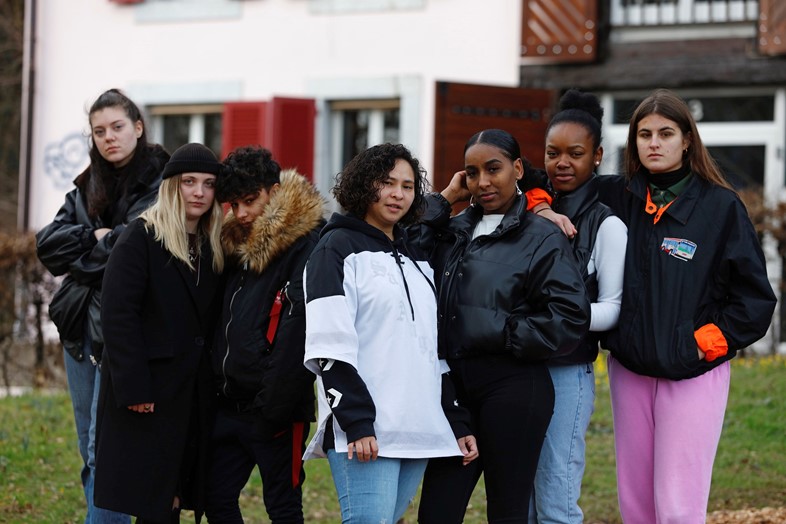
Made in a docudrama style, The Fam is a riveting look at the inner workings of a Swiss residential care home for young people, which is undergoing a shift back to being an all-girls facility after 16-year-old Audrey (Anaïs Uldry) initiates sex with an underage boy. Its hyperlinked narrative gives each character equal weight across the nearly two-hour runtime, including the facility’s director, Lora (Claudia Grob), who challenges the weaknesses of the country’s retrograde juvenile system.
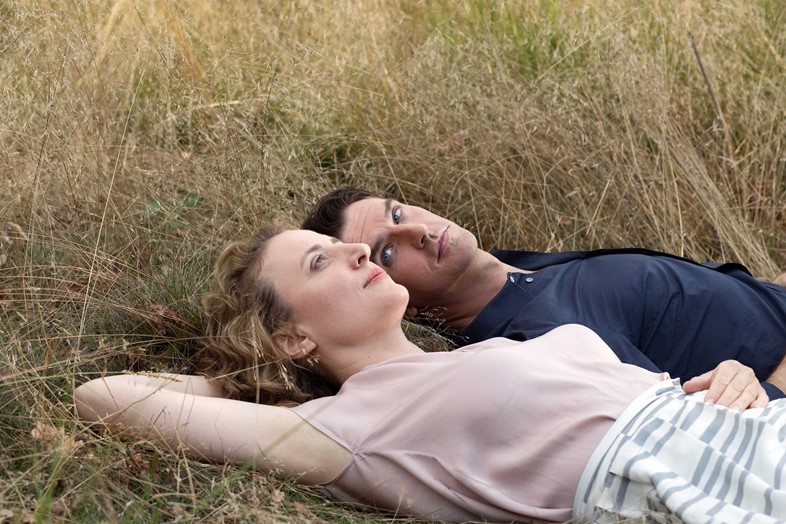
20 years ago, Steven Spielberg’s A.I. (2001) presented a robotic boy, wanting a human existence and programmed to love an assigned person, teaming up on a journey with Gigolo Joe, a machine made for pleasure and desire. In Maria Schrader’s I’m Your Man, a German romantic comedy that deliberately draws attention to its artificiality, Dan Stevens plays something of a fusion of those two A.I. characters: a humanoid robot assigned to live with a scientist (Maren Eggert) for a study, while also holding her supposed ideal specifications for a romantic partner.
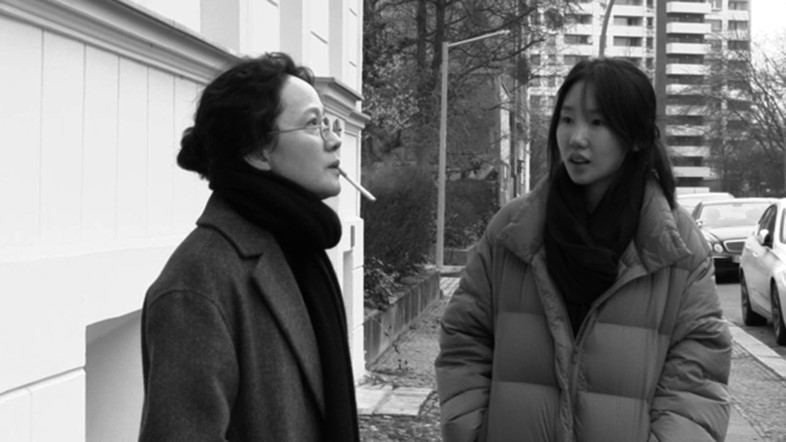
Much of the prolific Hang Sang-soo’s work, many of them chamber pieces, play like variations on the same couple of narrative setups; deceptively slight, there’s a casualness to them that still manages to feel weighty by their end. This remains the case for the very short Introduction (66 minutes), which presents a series of encounters involving or connected to a young couple, across both South Korea and Germany, where each new sequence comments on dramatic life-changes that have happened offscreen in the gaps we don’t get to see.
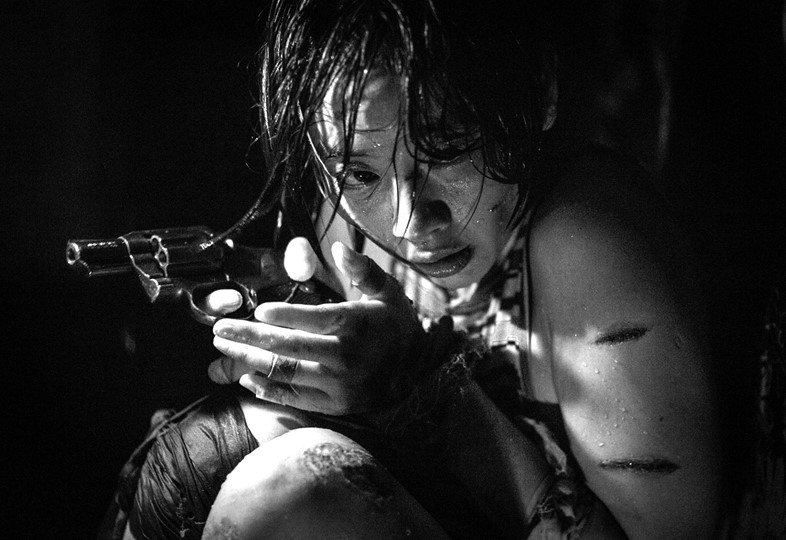
A particularly bleak tale of manhunts and martyrdom in the slums of Hong Kong, this grisly, near-apocalyptic Cantonese noir from director Soi Cheang, shot in especially crisp black-and-white, is anchored by an extraordinary performance from Liu Cya. She plays Wong To, a small-time criminal afflicted with guilt, forced into an informer role for two reckless detectives looking to catch a serial murderer of women on the fringes of society.
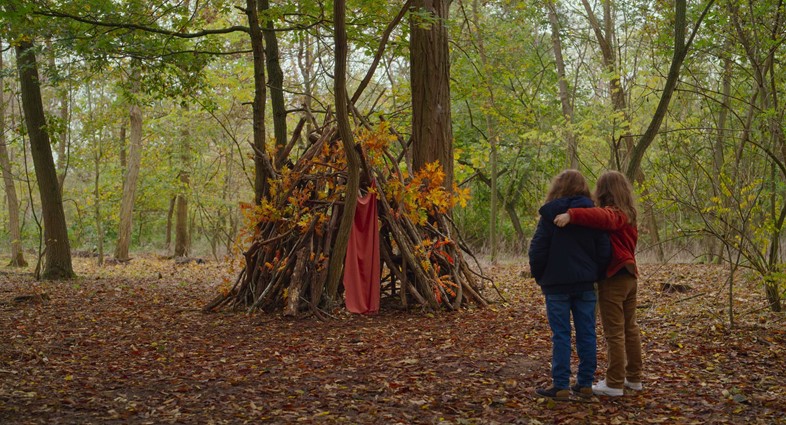
Petite Maman, 2021
Following Portrait of a Lady on Fire (2019), Céline Sciamma’s beautiful and brief latest – 72 minutes with credits – sees her return closer to the mode of her earlier Tomboy (2011), though this transportive fable also very much has an air of Studio Ghibli about it – particularly My Neighbour Totoro (1988) and When Marnie Was There (2014). As she helps to clean out her late grandmother’s woodside home, young Nelly befriends a local girl her age building a treehouse, like the one her mother apparently made as a child, with the girl also sharing her mother’s name.
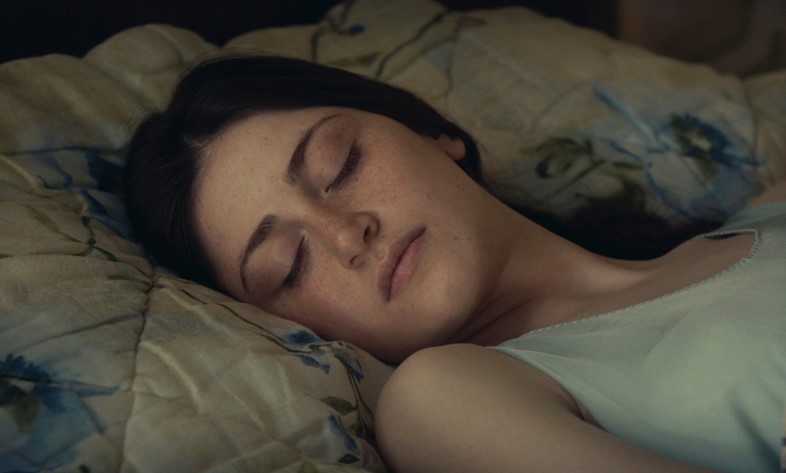
What Do We See When We Look at the Sky?, 2021
Simultaneously vigorous and relaxed in execution, Aleksandre Koberidze’s gorgeous, sprawling magical realist romance is filled with surprises. A chance encounter leads to love at first sight in the Georgian city of Kutaisi, but an evil spell is cast on the two young hopefuls ahead of their scheduled first date: their appearances and voices change, they lose their major skillsets, and they’re hindered by the fact they forgot to ask each other’s names. While this is the spine of the film, Koberidze goes on various compelling tangents. Above all else, this is a beautiful tribute to the magic of people coming together in public spaces, made all the more bittersweet by the manner in which the film has premiered.
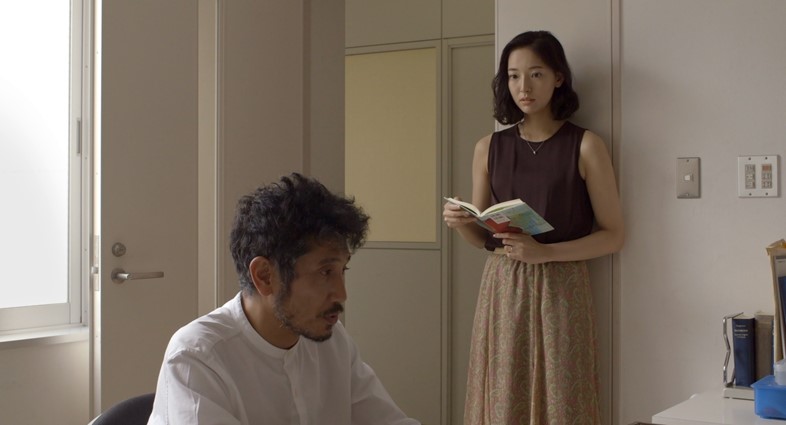
Wheel of Fortune and Fantasy, 2021
Ryûsuke Hamaguchi (Happy Hour) is one of Japan’s greatest working writer-directors, and his latest drama continues his winning streak. It’s a triptych narrative of stories otherwise unconnected beyond thematic tissue concerning serendipity and regrets, and a focus on female protagonists navigating extended encounters where the power dynamics turn on a dime in surprising ways. For example, in its first story, the lead realises midway through a discussion of her friend’s early-stage romantic encounter that the man being described is in fact her own ex-boyfriend.
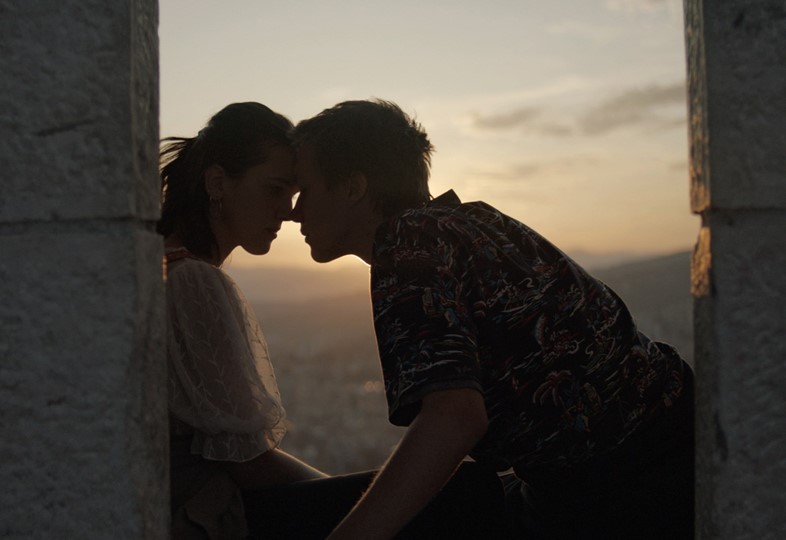
The White Fortress, 2021
Young star-crossed lovers against a backdrop of crime is a formula that can feel done to death. Igor Drljaca’s The White Fortress, set in post-war Sarajevo, stands out for its tenderness and lyrical qualities, including flirtations with fairy-tale storytelling.
